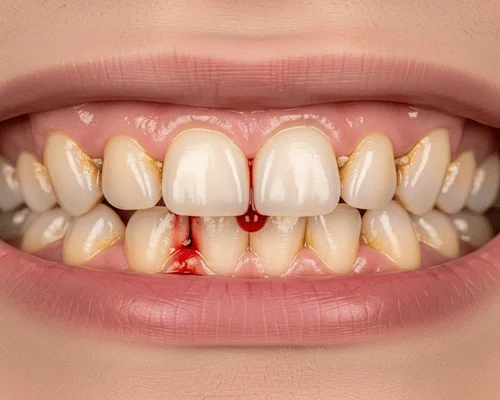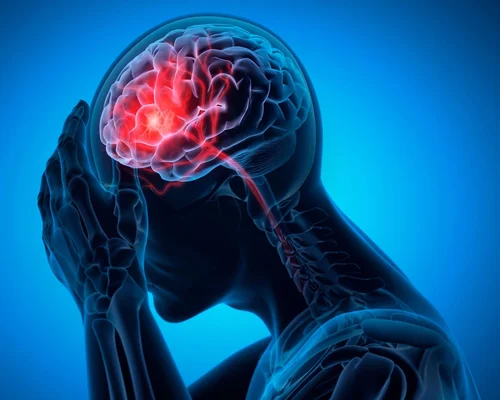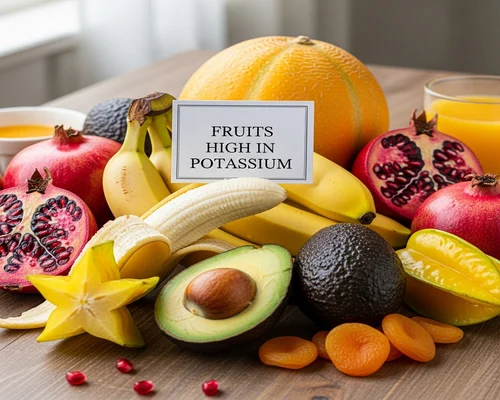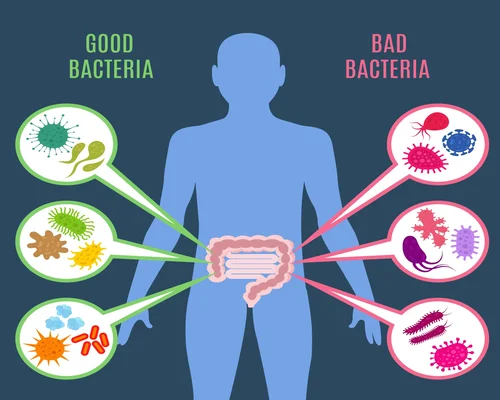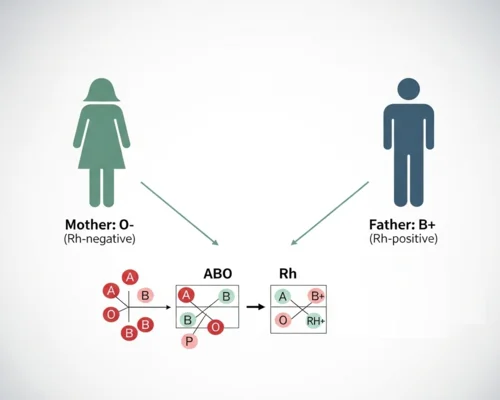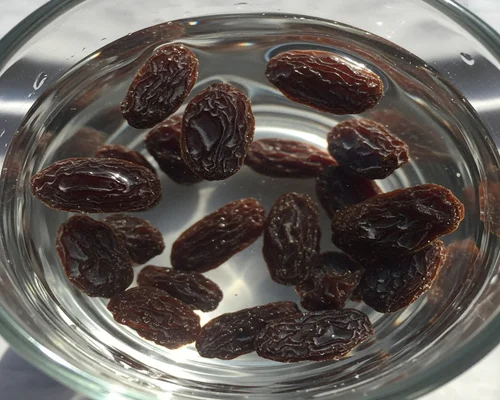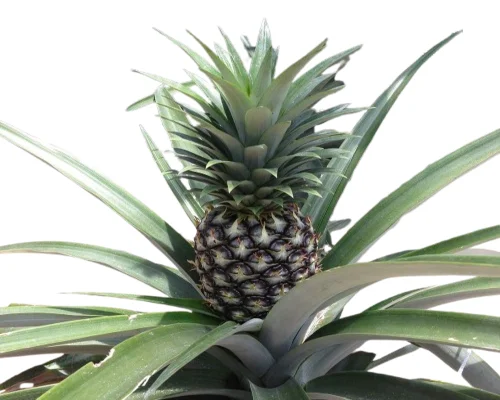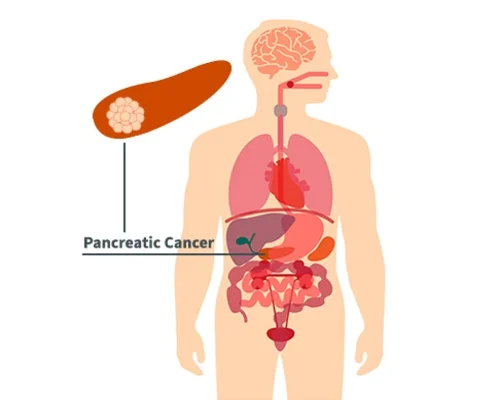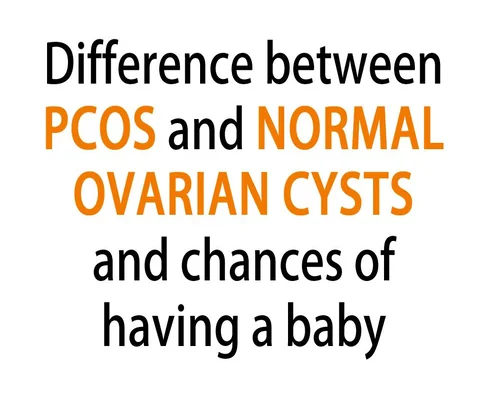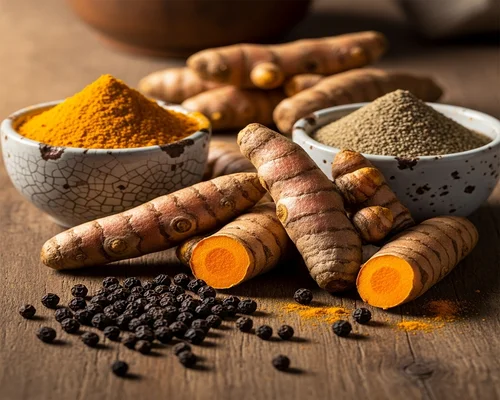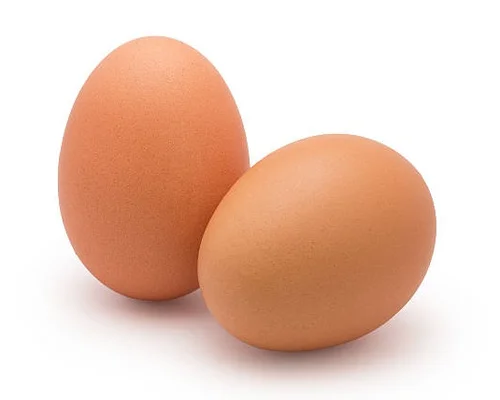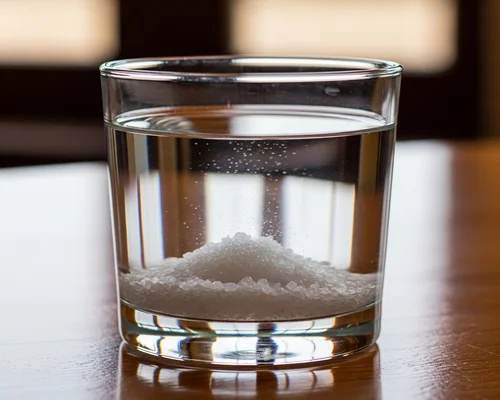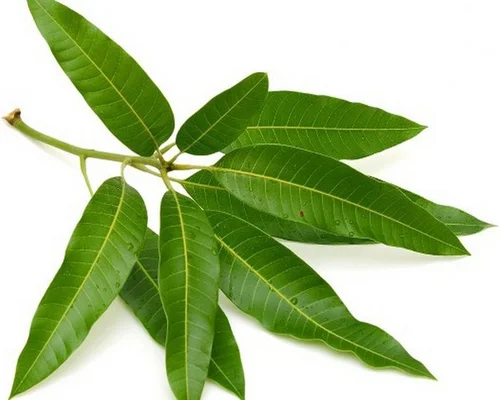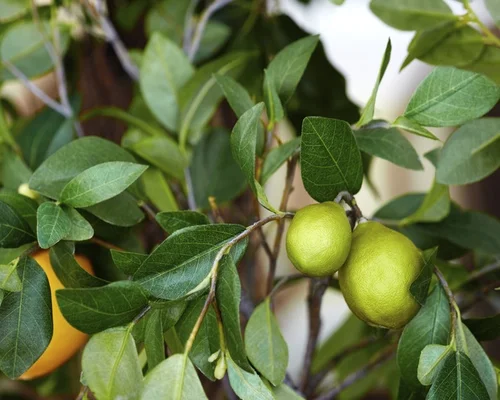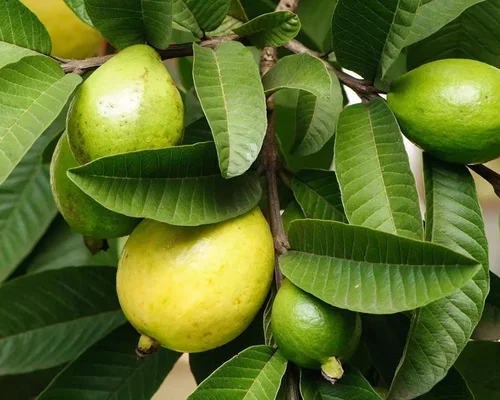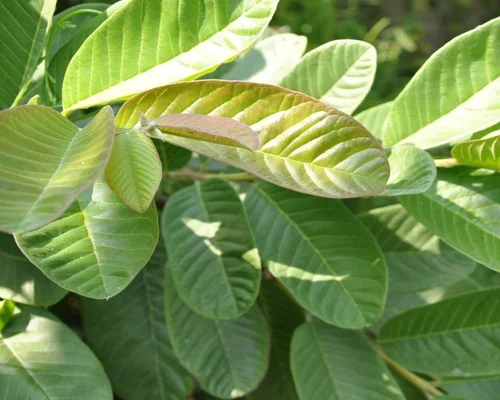
Benefits and harms of Mango leaves and bark in Ayurveda
Benefits and harms of Mango leaves and bark in Ayurveda
Mango leaves and bark are widely used in Ayurvedic medicine. Various components present in the leaves and bark are helpful in curing various diseases. Mango leaves and bark are used in the treatment of diabetes, blood pressure, stomach problems, skin problems and many other diseases.
Mango leaves and bark are considered very important in Ayurveda. Chewing mango leaves completely and eating them will cure all diseases! The body will be completely healthy.
Mango contains many important nutrients including antioxidants, supplementary vitamins A, C, E, B. Which are considered very important in curing various diseases. Therefore, using raw or ripe mangoes will be very good for your health.
Mango leaves are very good for diabetic patients. Because the tannins and other components present in it can help control blood sugar levels. Which helps in controlling diabetes. So you can wash the leaves well, dry them in powder form or boil them and use them. Currently, various types of chemicals have started being used on the plant. In such a situation, chewing the leaves directly should be avoided.
Nowadays, various types of infections occur on the skin in summer. Which also cause irritation. In such a situation, using mango peel paste can be beneficial. Not only that, the vitamins and fibroinite present in mango leaves are also considered very beneficial for hair.
Uses of Mango leaves:
- Diabetes: The tannins and other ingredients present in mango leaves help control blood sugar levels. According to Ayurvedic doctors, drinking mango leaf tea helps in controlling diabetes.
- Blood pressure: Mango leaves are helpful in reducing blood pressure.
- Stomach problems: Chewing mango leaves relieves stomach pain and constipation.
- Skin problems: Mango leaves are used to solve rashes, acne and other skin problems.
- Other diseases: Mango leaves are used in the treatment of various diseases including kidney and gallbladder problems, respiratory problems and arthritis pain.
Uses of Mango Bark:
- Stopping Bleeding: Mango tree bark helps stop bleeding.
- Stomach Problems: Mango tree bark is used to treat various stomach problems such as diarrhea, dysentery, etc.
- Dental Problems: Mango tree bark helps to treat various problems of teeth and gums such as swollen gums, toothache, etc.
- Other Diseases: Mango tree bark is used to treat fever, cough and other diseases.
How to Use:
Leaves: You can boil mango leaves and drink the water or make a paste from the leaves.
Bark: Mango tree bark can be boiled or powdered and used.
It is important to remember that before using it in Ayurvedic medicine, one must consult an experienced doctor.
One must consult an expert before consuming it. If you are suffering from any disease or experience side effects after consuming it, do not use it at all.
Mango leaves and bark have some uses that are generally considered beneficial, but in some cases, they can also be harmful. Although both the leaves and bark are used to treat various diseases and for other purposes, there are some side effects.
Disadvantages of Mango leaves:
Allergies: Some people may be allergic to mango leaves, which can cause skin or respiratory problems.
Overconsumption: Consuming excessive amounts of mango leaves can cause digestive problems, nausea, or stomach upset.
Toxicity: In some cases, some components of mango leaves can be toxic, especially if they are not prepared properly or consumed in large quantities.
Disadvantages of Mango bark:
Skin irritation: For some people, applying mango bark to the skin can cause irritation.
Wound formation: In some cases, applying mango bark directly to wounds or skin can cause infection.
Other issues: Some diseases such as "Red Rust" or "leaf borer" can attack the leaves and bark of mango trees, which hinders the growth and yield of the tree.
Excessive use of pesticides can have harmful effects on the leaves and bark of mango trees.
Caution:
If you want to use the leaves or bark of Mango trees, you should first consult a health expert.
If any adverse reaction occurs, stop use immediately and consult a doctor.

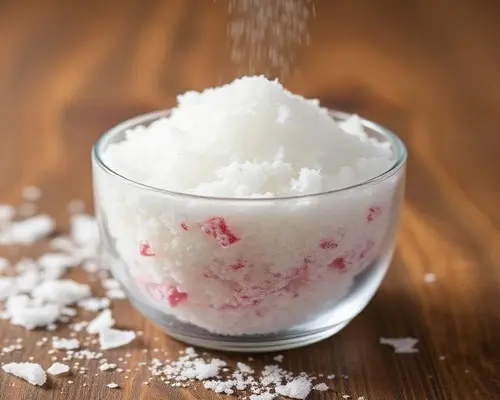

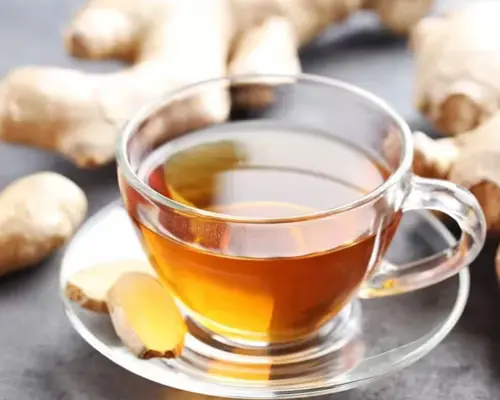
-vegetable.webp)
